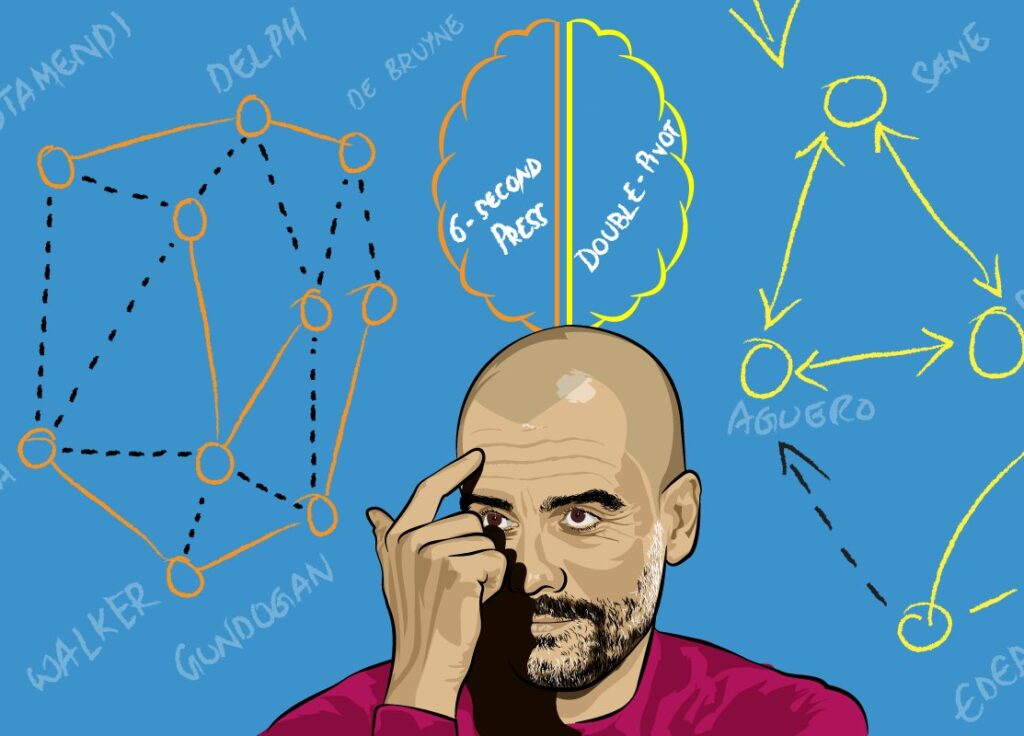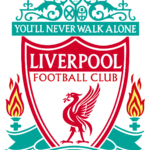Early in the morning of Sunday 11 June 2023, in Istanbul, Manchester City’s players handed the European Champions League trophy, won after beating Inter Milan 1-0, to their manager Pep Guardiola. It was the fourth time Guardiola had held the trophy. The other three times were when he was at Barcelona, as a player in 1992 and as manager in 2009 and 2011.
Questions
In the 12 years since 2011, as a manager, Guardiola has won the Club World Cup, the European Super Cup, three German championships and two German Cups with Bayern Munich, and five English Premier League Championships, four English League Cups and two FA Cups with Manchester City. But still people questioned Guardiola. Isn’t it easy to win with great players, big teams and lots of money?
As manager of Barcelona between 2008-11, Guardiola’s team included Dani Alves, Sergio Busquets, Xavi Hernandez, Andres Iniesta, Thierry Henry and a young Argentinian named Lionel Messi. That team won the Champions League, the European Super Cup and the Club World Cup all twice, three Spanish championships, two Spanish Cups and three Spanish Super Cups. But with players that good, could not Barcelona have won with my grandmother as manager?
At Bayern Munich, Guardiola won the league each of the three seasons he was in charge between 2013-16. But aren’t Bayern Munich expected to win the German championship? After all, Bayern’s win in 2023, was their 11th championship in succession. And didn’t Guardiola’s Bayern Munich fail in its mission to win the Champions League, losing three semi-finals?
Since he arrived at Manchester City in 2016, Guardiola has spent more than €1.2bn on 47 players, funded by Abu Dhabi’s oil wealth. With that money, couldn’t anyone win the Champions League?

Answers
Money can buy players, but it cannot build a team. In 2008, when Guardiola took over, Barcelona were in crisis. Manager Frank Rijkaard had been sacked and the team humiliated finishing in third place in La Liga, 18 points behind champions Real Madrid. The stella Barcelona team that won the Champions League in 2009 was built by Guardiola. As for Bayern Munich, although they won the Champions League in 2020, in the last three years, they have lost in the quarter finals.
Money can buy players, but it cannot improve them. On the transfer market, Guardiola has made mistakes. Zlatan Ibrahimovic’s move to Barcelona was unsuccessful, but his bringing Robert Lewandowski to Bayern Munich from Dortmund, in 2014, was a marriage that lasted long after Guardiola left.
Guardiola converted Javier Mascherano from a defensive midfield player for Liverpool into a centre back at Barcelona. At Manchester City, he also transformed John Stones from a centre-back into a ‘Franz Beckenbauer’ style roving defensive midfield player. Guardiola paid €117m for Jack Grealish, who after a difficult first year, has become central to the Manchester City team. After collecting his Champions League winner’s medal, Grealish called Guardiola a ‘genius’ and thanked him for having ‘so much faith in me’. City may own the player, but Guardiola has his heart and mind.
Guardiola’s influence on modern football is undeniable. Guardiola the manager was shaped by Guardiola the player. Bringing a tactic from Ajax, the great Dutch player Johan Cruyff moved Guardiola, then a young Barcelona academy player, to the defensive midfield ‘pivot’, the position that controls the game, linking defence and the rest of the team.
As a manager, Guardiola developed this tactic of control into a style. Skilful, versatile players keep the ball, use it carefully, create space through constant movement and press hard when the ball is lost to win it back. In 2008, Guardiola’s new stylechallengedthe more cautious, defensive football of successful managers such as José Mourinho, and Rafa Benítez, whose tactics were easier to copy than the wide attacking wing-play of Alex Ferguson’s Manchester United.
Guardiola’s tactical changes were accommodated by better pitches, changes to the offside law and better protection of attacking players by referees, but he perfected his system. Barcelona’s victory over Manchester United in the Champions League final in 2011 was so complete, Alex Ferguson remarked, ‘In my time as manager [of United] I would say they’re the best team we’ve faced. No one has given us a hiding like that’.

The price of success
Tactically, Guardiola has made serious mistakes. Bayern Munich lost 0-4 to Carlo Ancelotti’s Real Madrid in the Champions League semi-final in 2014, because Guardiola changed his usual approach and prioritised attack over midfield control. He made similar mistakes when Manchester City lost in the Champions League against Liverpool in 2019, Lyon in 2020 and to Chelsea in the final in 2021.
Guardiola’s critics accused him of ‘overthinking’ his tactics, of being obsessed with possession, playing too much in midfield and resisting playing recognised strikers. Critics spread doubt that Guardiola would ever win the Champions League again, that without the money, Guardiola was ‘ordinary’.
In response, Guardiola continued to perfect his system. His critics overlooked the fact that, for all the money available, Guardiola did not want any striker, he wanted the right one. When Erling Haaland became available, Guardiola bought him. Haaland has scored 52 goals for City in all competitions this season. He is a raw talent, more a brute force of nature than a work of art, but other teams now fear how good he will become under Guardiola.
With his third Champions League title as a manager, Guardiola joins Liverpool’s Bob Paisley and Real Madrid’s Zinedine Zidane. Carlo Ancelotti has four wins, but Guardiola may surpass him. (As a Liverpool fan I should point out that Ancelotti is also the only manager to lose the Champions League when his team was 3-0 up at half-time in the final!)
Guardiola is more than the Champions Leagues and other trophies he has won. His third Champions League as a manager, and with a different team than Barcelona, ends the tiresome arguments about Guardiola overthinking, and his success depending on money. Money certainly helps but does not guarantee success. Paris Saint-Germain(PSG) have spent over €1.3bn on players since 2011. PSG dominate French football, but the Champions League continues to elude them. Money also brings problems. Manchester City have been charged with breaking financial fair play rules more than 100 times between 2009-18. An investigation by the English Premier League is underway.
But money is not Guardiola’s responsibility, football is. And it’s the football that counts.


